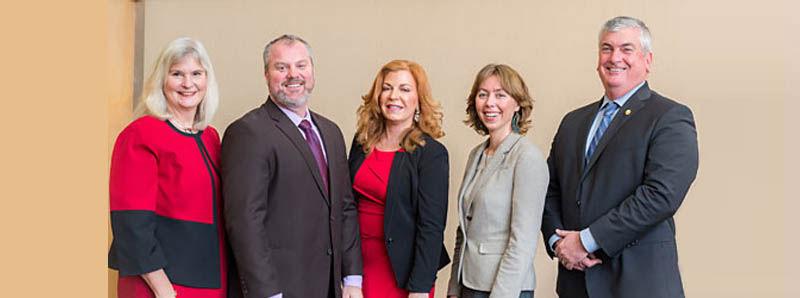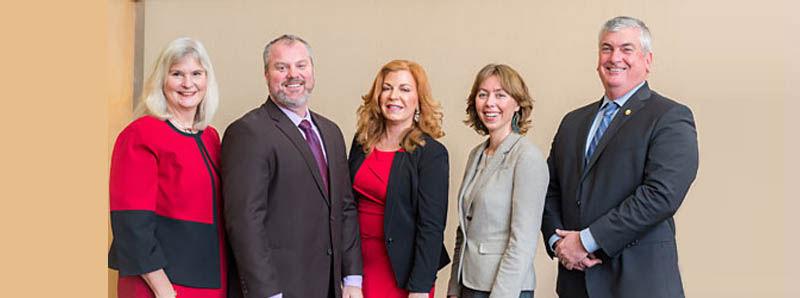The Sonoma County Board of Supervisors has joined the chorus of public agencies and organizations opposing President Donald Trump’s plans for a crackdown on undocumented workers which could mean deporting contributing members of society.
At its Feb. 7 meeting, the board adopted a resolution to confirm its commitment to undocumented citizens.
As part of the resolution, Sonoma County lawmakers pledged to research and analyze current immigration laws, discuss plans for meeting at an immigration rights summit with local governments and nonprofits, evaluate the efficiency of existing services and conduct a “service gap analysis,” among other measures.
Board Chair Shirlee Zane said many of the undocumented immigrants in the U.S. are “providing valuable services,” paying taxes and should not have to be concerned for the state of their lives.
“We want people to be able to live in peace,” Zane said. “I don’t believe immigrants, whether they’re undocumented or documented, should have to live in fear.”
Zane said the board plans to support extension of the Unaccompanied Minors Deportation Defense Pilot Program, which helps defend immigrant children from unlawful deportation in court.
“We were the first county in the whole state who took on this representation of undocumented children; unaccompanied minors who were sent here,” Zane said.
The board plans to analyze and support Senate Bill 54, which would prevent state and local resources from being used to help federal agents investigate or deport undocumented citizens, according to Zane.
Assemblyman Marc Levine, who co-authored this bill with state Senate President Pro Tempore Kevin De León, said they introduced the bill on Dec. 5. If passed, it would prohibit state and local officials from sharing citizen’s’ immigration status with Immigration and Customs Enforcement.
“It restricts how information is collected, and it restricts how that information is shared,” Levine said.
Mariana Martinez, research coordinator for the McNair Scholars Program, said supervisors should evaluate the role of law enforcement in deportation, potentially at the summit proposed in the Board of Supervisors’ resolution.
“The immigration summit goes beyond talking about just homeland security,” Martinez said. “It’s going toward ‘What is law enforcement, and what are they willing to do, and… how far can we go and push for our own county to protect all of its citizens, regardless of citizenship status?”
Martinez said Secure Communities, an existing deportation technology used by county jails, causes problems when they arrest undocumented citizens for even minor crimes.
“When people get arrested and you do your fingerprints, it goes to the Department of Justice and Homeland Security… A software’s in place that will tell ICE, ‘This person is undocumented,’ ” Martinez said.
Levine said that while immigration status could potentially still be used by law enforcement for investigating certain types of criminal activity, public facilities such as schools and hospitals would not be required to share citizens’ information with ICE under SB54.
“Our universities are places of learning… not places any student should live in fear,” Levine said.
Martinez said she thinks the Board of Supervisors also should reach out to nonprofit organizations that have previously worked on immigration issues, such as North Bay Organizing Project, which has worked to establish Sonoma County as a sanctuary area.
“I feel like we’re recreating the wheel with something that’s already there… the research and the data is there,” Martinez said.
Zane said undocumented immigrants and their children deserve food and health care, and should not have to disenroll from Medi-Cal or Food Stamps in fear of deportation.
“We’re not going to be sharing their information with the federal government,” Zane said. “We’re going to take care of them like we always have.”
Zane said the Board of Supervisors will continue to provide services for undocumented citizens, including those who attend Sonoma State.
“They’re our community members,” Zane said. “They don’t belong to the federal government—they belong to our community.”




































